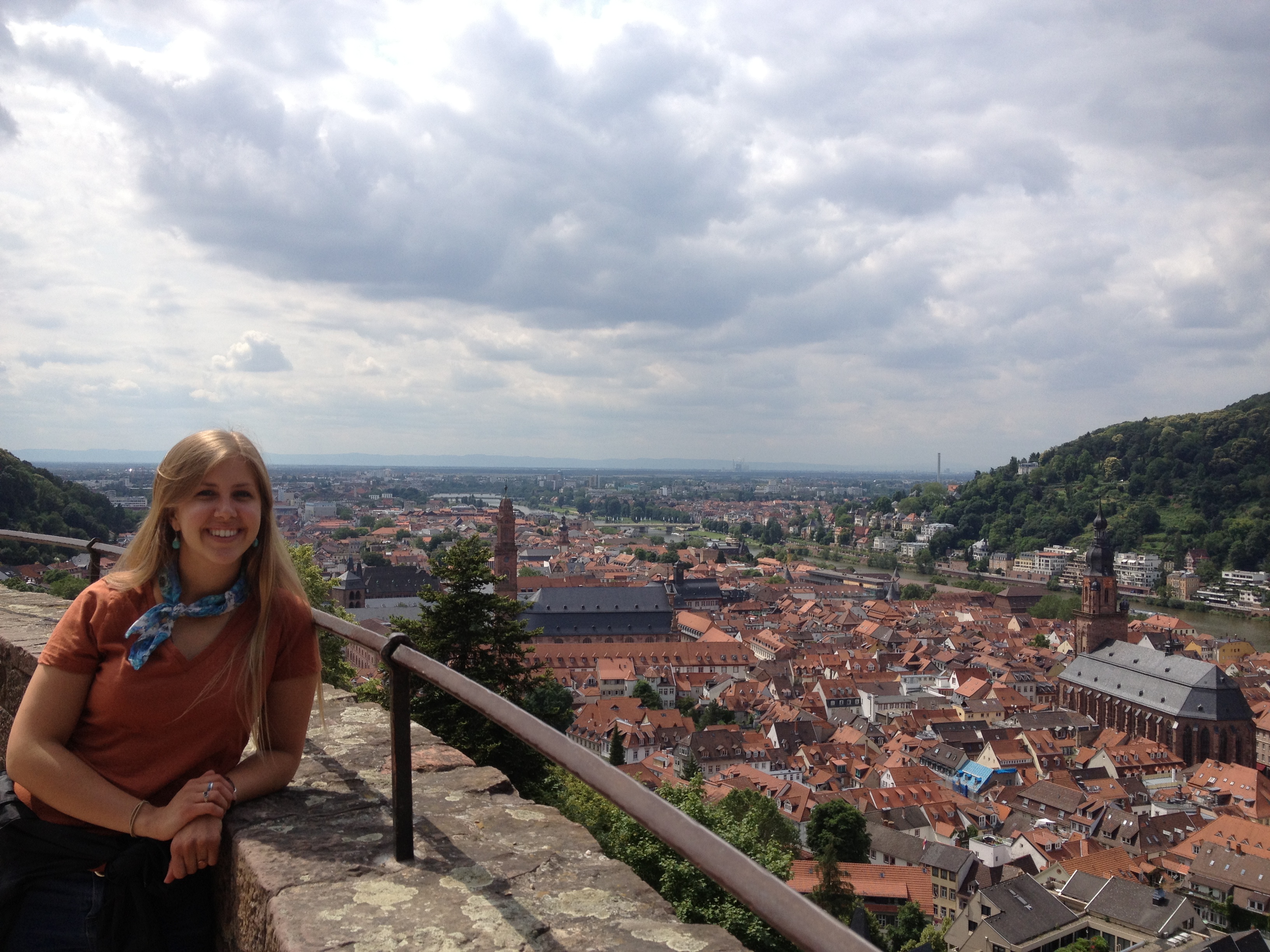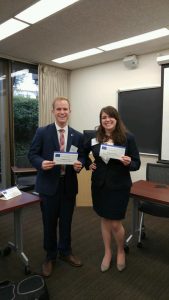
Students will present original research they conducted internationally at the Kennedy Center’s 18th annual Inquiry Conference on Nov. 10-11 in the HRCB. The conference is open to the public.
Eight panels will present research on topics including religion, minority populations, European politics and economics, archaeology, women in times of conflict and peace, art from Europe and Mexico, issues in developing Asia and governance in modern Africa.
Kirk Larsen, Kennedy Center director of academic programs and research, coordinated the conference.
“We wanted to have a forum where students could come back and report what they learned and talk about their conclusions,” Larsen said.
The conference was initially intended for students who participated in the field studies program, but it has since expanded to include students who have done any form of research and writing on an international topic.
“This allows us to have everything from art, music history, development, politics, security and environmental issues,” Larsen said. “The purpose of this conference is to acknowledge the amazing research and writing that our students have done and to give them the opportunity to present that research in an academic conference setting.”

Student panelists are selected through an application process that ranks papers in terms of research quality and presentation. The Kennedy Center has coordinators for each region and areas studies program who provide feedback on the papers.
“This year we’ve had more applicants than we’ve ever had,” Larsen said. “This was a great year with really good applicants and really good papers.”
A discussant, usually a faculty member with a corresponding specialty, will lead each panel. After the discussion period, the audience can ask the panel questions.
“Being able to orally represent your research is different from writing a paper, but it’s a very valuable skill,” Larsen said. “You talk to successful people from the real world and they always come back to the two most important skills you learn in university, which is writing and speaking.”
Romy Franks, a senior double majoring in German studies and European studies, will be a featured student panelist at the conference.
Franks interned in Germany during summer 2013 and conducted research on the side, learning more about how postwar Germany struggled to reconstruct its identity.
For two months, she visited national libraries and federal archives to look up microfilms and old newspapers. She noticed a theme of the role women played in postwar German society and then wrote her thesis on this topic.
Her presentation will focus on the way German Western films illustrate how women’s societal roles were affected in Germany after World War II.
“German women had risen in societal status and were not keen on letting that go when the men came back from war,” Franks said. “Returning meant going back to Nazi ideals of a woman being a homemaker.”
Franks said she is excited to present at the conference and see how people react to her research.
“I love the idea of informing the public about something I’m passionate about and never discussed in their every day lives,” Franks said. “I also love the opportunity to participate with other students and hear about and become informed on the different research projects going on across campus.”
Gabriel Davis, a senior majoring in European studies, will co-present a thesis paper with Alexis Cooper, a senior studying finance.
The duo teamed up after participating in a Model EU competition where they debated the Transatlantic Trade and Investment Partnership (TTIP) trade deal between the U.S. and E.U. They wrote a research policy paper, presented it in a conference in California and later had it published.
Their upcoming presentation centers on the European anti-free trade rhetoric, including where it comes from, why it exists and how it compares to events surrounding the presidential election cycle.
“It’s a good opportunity for us to use the skills we’ve developed as undergrads,” Davis said. “This conference will help us see different parts of the world and understand its issues.”
Visit the Kennedy Center website for more information on the Inquiry Conference and its featured panelists.




